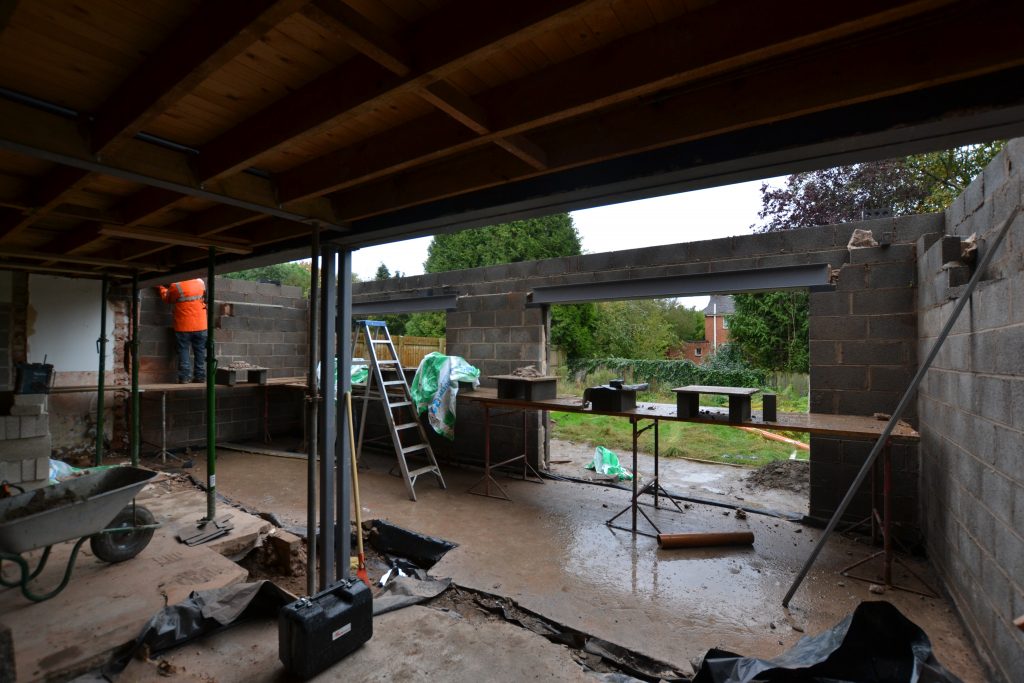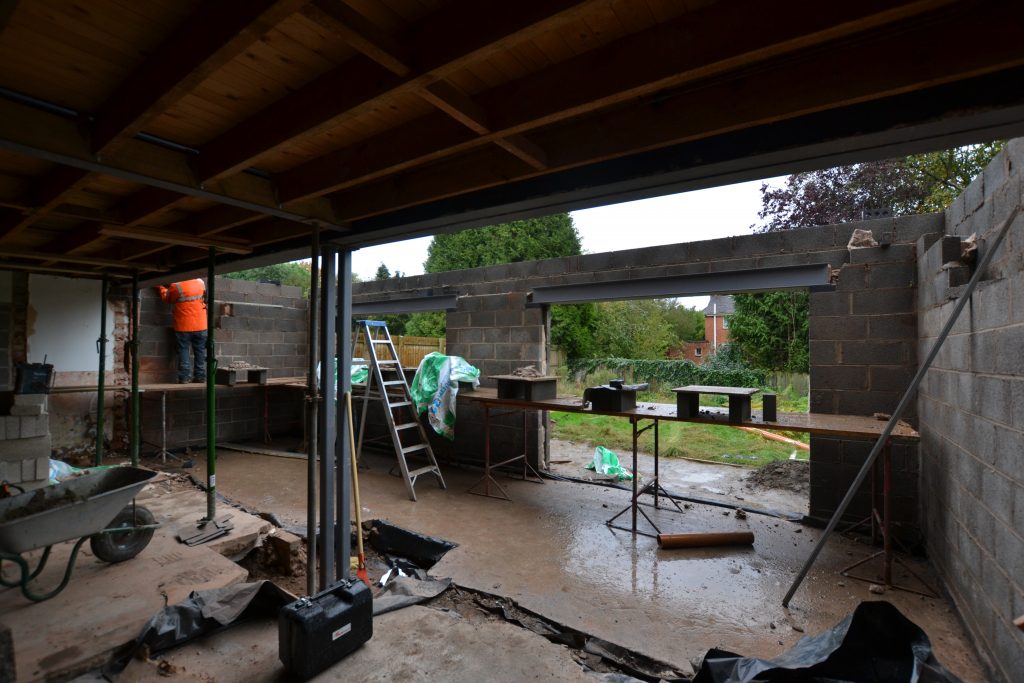Tender Opportunities
At Walters Architects, we excel at providing robust, complete and professional architectural services for both, domestic and commercial clients. We pride ourselves not just on the design of interesting structures but also on the delivery of buildings.
We offer a number of services from full appointments to bespoke commissions. Whilst clients appreciate flexibility, our delivery is undeniably always improved when we’re appointed on a ‘full services’ agreement. It helps us oversee the entire project and links up every stage and aspect of the required process.
As a practice, we prefer to be involved in the initial concept and feasibility stages through to the completion and legal requirements of the client and their Building Contract. Not to increase our fees but to streamline the process and reduce confusion all around. Simplicity equates to efficiency which, in turn, reduces time and cost.
All projects involve exactly the same key stages, regardless of the size of the project. These key stages are possibly best described in the RIBA (Royal Institute of British Architects) Plan of Work, as shown below.

Separating or reducing these stages simply confuses the entire process and consultants, clients and contractors can be left unsure of where their individual roles, responsibilities and liabilities lay. This confusion usually leads to delays and mistakes which end up costing clients more money in the long run.
During the term of any project, all these stages need to be addressed. So, if a developer is asking an Architect or designer to omit any one or more of them from their appointment, then another part of the team must assume responsibility for those omissions. The trouble is, few clients establish who is responsible for these shortfalls not being undertaken by the principal design team. We often remind clients that cutting corners has consequences.
Whilst a full services approach may appear a little too detailed and potentially fussy for smaller projects, domestic clients usually need to follow the process more closely than most. Should corners be cut with detail relating to someone’s home, rectifying things can become extremely difficult, take a long time to resolve and prove costly.
Walters Architects believe being appointed for the whole project, on full RIBA services is vital for the success of any project. It assures a seamless transition between stages as the entire project is being controlled by one source.

Once we are appointed, produced sufficient information and secured relevant permissions the selection of a suitable contractor for small domestic projects can be the most difficult aspect of our role.
Obviously, selecting the appropriate size company for a project always has an effect on their quotation for the works and the potential of delivery. So finding a small company with relevant experience that understand the work and the process whilst remaining competitive can be more troublesome than you might think.
As we work a lot with Listed Buildings and within Conservation Areas, we require contractors to understand the importance of the associated approvals. For example: they must know that working on Listed Buildings without permission is a criminal offence. This really does change a company’s approach to works and they’re always keen to seek the advice of the Architect before committing to any changes (unlike some larger-scale commercial projects).

There’s also a level of appreciation and understanding for historical significance and traditional detailing required when working within the Conservation sector. A contractor really needs to understand Heritage issues and what the important aspects of the scheme are in order to maintain its integrity.
But in regards to the process, the builders we invite to tender for our domestic project must have a good understanding of formal construction contracts. Walters Architects usually act as Contract Administrators in a ‘Traditional’ procurement route (rather than a Design & Build) and act for the client during the construction monitoring stage of the works. This is vital to the success of any building project as this forms the understanding on all parts as to what needs to be delivered, when and for how much.

As a practice, we are currently working with two or three good contractors, with which we are very happy, but we are on the lookout for a couple more to Tender for upcoming projects. It is important to always go to 4 companies as part of the Tendering process. Inevitably one will always pull out of the process and if one is higher and another low, 3 tenders won’t reflect an accurate assessment. Ideally, we need 4contractors to allow the process to succeed.
The next Tender to leave our office is for a small domestic loft conversion with a zinc dormer, similar to that shown below. The project is situated within a Conservation Area in Leicester city centre and must be completed by this summer.

We have secured Planning Permission and Building Control Approve so the scheme is all ready to go.
If you are interested in Tendering, you must be aware of Conservation Area restrictions, be used to working in traditional materials, be able to work to a proprietary building contract (JCT or RIBA), work to a high standard and have professional and considerate staff.
So if you are a small (ish) but perfectly formed local building firm looking to Tender for works with our office we would really like to hear from you.

